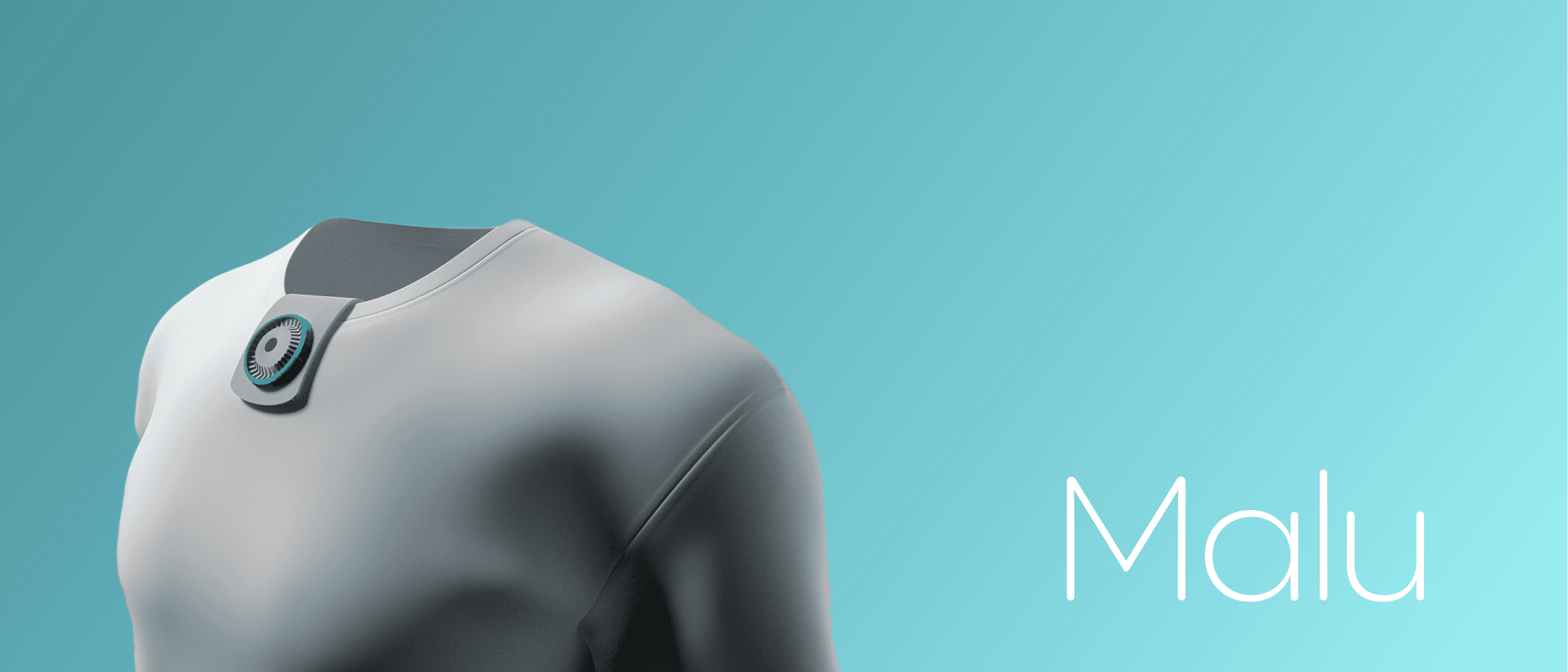Malu
An assistant for dementia patients, helping them tackle their daily struggles.

Skills
User Research, Concept, UX Design, Video Editing, Bot Personality
Methods
Expert Interview, Wizard of Oz testing, Bot personality, User Flow, Storyboards, think aloud
Team
Fabienne Vatter, Siyeon Nam
Supervision
Ludwig Kannicht
Duration
Mar. 2022 - Jul. 2022
Category
University Project
The idea
We all manage our daily tasks with relative ease, but for individuals living with dementia, even small tasks, like preparing cereal for breakfast, can be overwhelming. Our goal was to help dementia patients regain their independence and support them in everyday situations, reducing frustration and improving their quality of life.
What we did
Understand
We collaborated with the local German Red Cross dementia apartment and consulted an ex-professor with extensive experience in dementia care. Through these collaborations, we discovered that dementia patients not only struggle with memory but also with executing micro-processes, such as making breakfast, which involves several steps and items that can become confusing.
Define
Our focus was on aiding those in the early stages of dementia who live independently. We aimed to provide support that fosters independence without causing frustration. We conducted user research and interviews to better understand their needs and designed solutions that offer small, helpful hints during daily activities.
Simulate
In a small simulated environment, we tested our concept and tried to validate our insights and ideas. We couldn’t ask real patients due to restricted time and the desire not to offend or disturb them by confronting them with their illness and problems in a simulated scenario.
Where we ended up
We developed Malu, a small wearable clip-on device that uses active object and context recognition to guide and support dementia patients throughout the day. The built-in AI understands the user’s context and actions. For example, patients may try to eat cereal and forget to get a bowl or mix up ingredients while preparing pancake batter. Malu understands the context of the user and what they are trying to achieve, providing clear and direct instructions to solve the mix-up without causing additional frustration.
In addition to daily task support, we designed features like reminders to ensure users wear Malu, take daily supplements, and engage in conversation starters and social interactions. We focused on these small everyday struggles because they significantly impact the independence of dementia patients.
In further iterations, we planned additional support features to ensure the safety, independence, and quality of life for patients.
What I learned
This project emphasized the importance of managing team expectations to maintain focus and productivity. Working in interdisciplinary teams and encouraging diverse perspectives proved invaluable in developing a well-rounded product. I enhanced my skills in managing meetings, facilitating team exchanges, and taking the lead to motivate and guide the team. Additionally, I gained insights into user research, concept development, and designing with empathy for users with specific needs.
Project insights
Some impressions of the project and progress.







